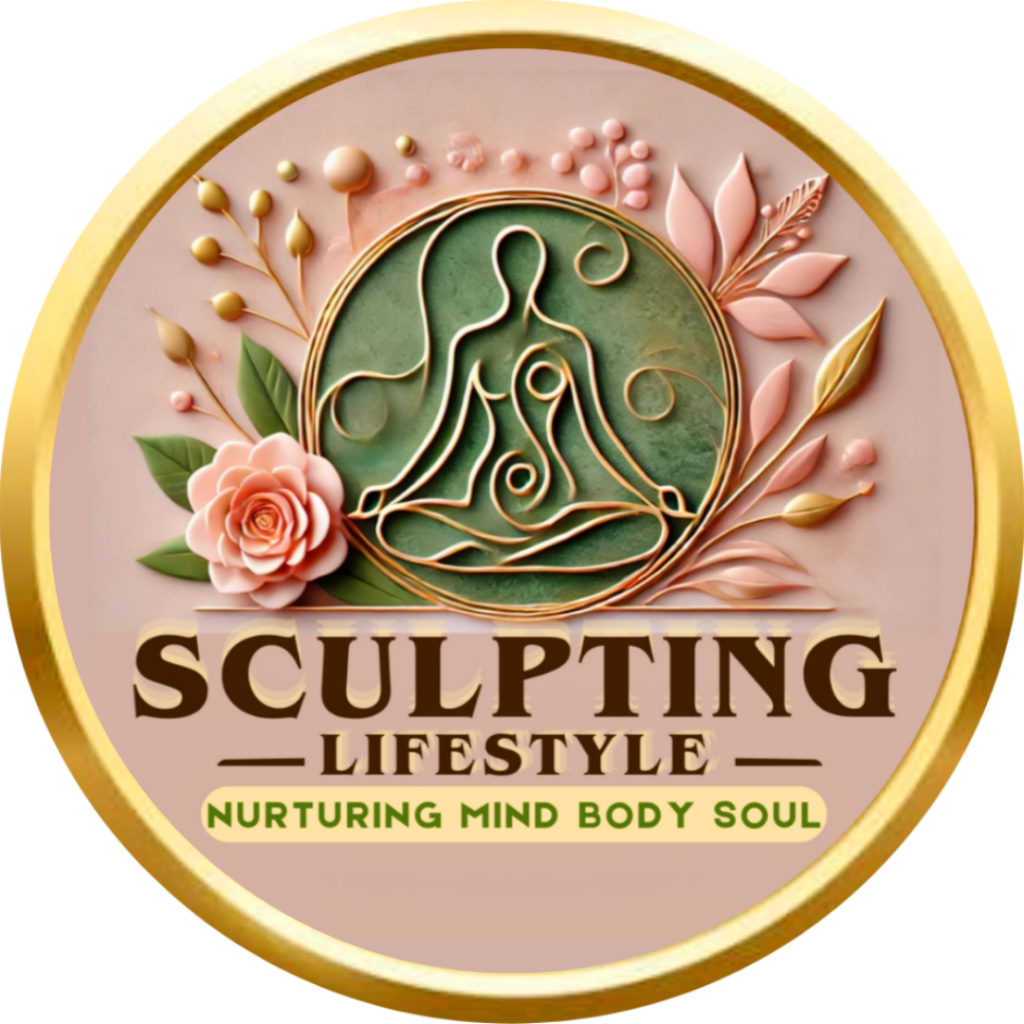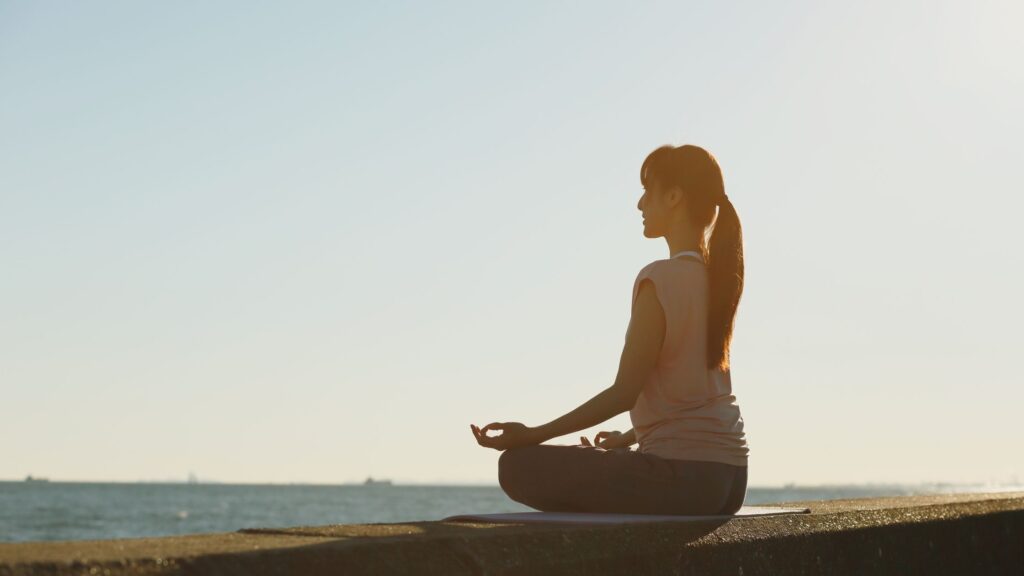In today’s fast-paced, overstimulated, and digitally driven world, mental peace has become one of the rarest luxuries. People are constantly juggling responsibilities, deadlines, relationships, and an unending stream of information from social media and technology. Amidst this chaos, the mind craves stillness — and this is where meditation emerges not as a trend, but as an urgent necessity. It’s no longer a practice reserved for monks or spiritual seekers; it’s a life tool every human being needs to stay balanced, centered, and truly alive.
Understanding Meditation
Meditation is often misunderstood as simply sitting quietly with closed eyes. In reality, it’s a conscious process of turning inward — training the mind to stay in the present moment, cultivating awareness, and achieving inner clarity. It’s about observing thoughts rather than being ruled by them. Whether it’s mindfulness, breath awareness, mantra chanting, or guided visualization, the essence of meditation remains the same: to connect with your inner self beyond the noise of daily life.
The Modern World and Its Mental Toll
Today’s lifestyle has become synonymous with stress. From school-going children facing academic pressure to working professionals dealing with burnout, anxiety and fatigue have become universal companions. According to global mental health studies, stress-related illnesses like hypertension, insomnia, anxiety, and depression are rising at alarming rates.
Our nervous system was designed for survival — to face real danger. However, modern stress keeps it in a constant state of “fight or flight,” even for minor triggers like an email notification or traffic jam. Over time, this mental overload leads to emotional exhaustion, hormonal imbalance, and poor physical health. Meditation acts as the antidote to this — helping the body switch from “fight or flight” to “rest and repair.”
The Science Behind Meditation
Scientific research over the past few decades has validated what ancient yogis and sages have known for centuries. Meditation significantly impacts the brain and body:
- It reduces cortisol, the stress hormone, leading to calmer emotional states.
- It improves concentration and enhances the prefrontal cortex — the part of the brain responsible for decision-making and emotional regulation.
- It strengthens the immune system, balances blood pressure, and improves heart health.
- Regular practice increases gray matter in brain regions associated with memory, empathy, and learning.
In short, meditation doesn’t just calm the mind; it rewires it for resilience, focus, and peace.
Emotional and Spiritual Benefits
Beyond physical and psychological health, meditation opens doors to deeper awareness. It allows individuals to detach from the constant chatter of the mind and connect with their inner consciousness. This awareness brings emotional balance — helping one respond thoughtfully rather than react impulsively. It nurtures compassion, patience, and gratitude.
Spiritually, meditation becomes a journey inward — a means to understand one’s true purpose and existence. It dissolves the illusion of separation and fosters a sense of unity with all beings. This sense of connection is deeply healing in times when loneliness and emotional disconnect are widespread.
Meditation in Daily Life
The beauty of meditation lies in its simplicity. It doesn’t require special equipment or hours of free time. Just 10–15 minutes of daily practice can create visible changes in how one feels and functions. Starting with breath observation, guided audios, or mantra chanting can make it easier for beginners. Over time, meditation naturally becomes a lifestyle — a way of being mindful while eating, walking, or even talking.
Even workplaces today are embracing meditation as part of employee wellness programs. Schools are introducing mindfulness to help children manage emotions and improve focus. Families are discovering the joy of practicing together, creating a calmer home environment. These shifts reflect a collective realization — that external success means little without internal peace.
Why Meditation Is the Need of the Hour
The world is evolving faster than human minds can adapt. Artificial intelligence, competition, social comparison, and uncertainty about the future are silently feeding collective anxiety. Meditation is the tool that can balance this equation — grounding humans in awareness while technology keeps racing ahead.
It equips individuals with clarity to make better decisions, empathy to maintain healthy relationships, and strength to face challenges gracefully. Meditation doesn’t remove problems; it changes our perception of them. It helps us find calm amidst chaos, joy amidst pressure, and meaning amidst monotony.
Conclusion
Meditation is no longer optional; it’s essential — as vital as food, exercise, or sleep. It’s the medicine for the modern mind and the path to holistic well-being. The more we pause and connect within, the more harmony we bring into our surroundings.
In a world that constantly demands doing more, meditation reminds us of the power of simply being. The time to start is now — not tomorrow, not someday. Because the need of the hour is not more speed or success, but more peace, awareness, and presence within us.




Beautifully put up , it was definitely the need of the hour in present generation, very insightful information dear.
Thank you so much for your kind words!
It truly means a lot to know the message resonated with you. Mental health deserves our attention now more than ever, and together, every step we take helps break the silence and build strength.